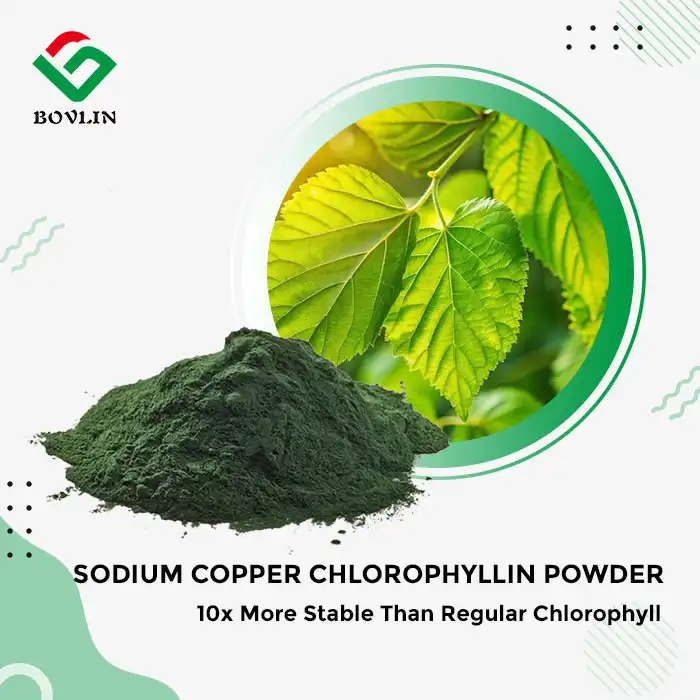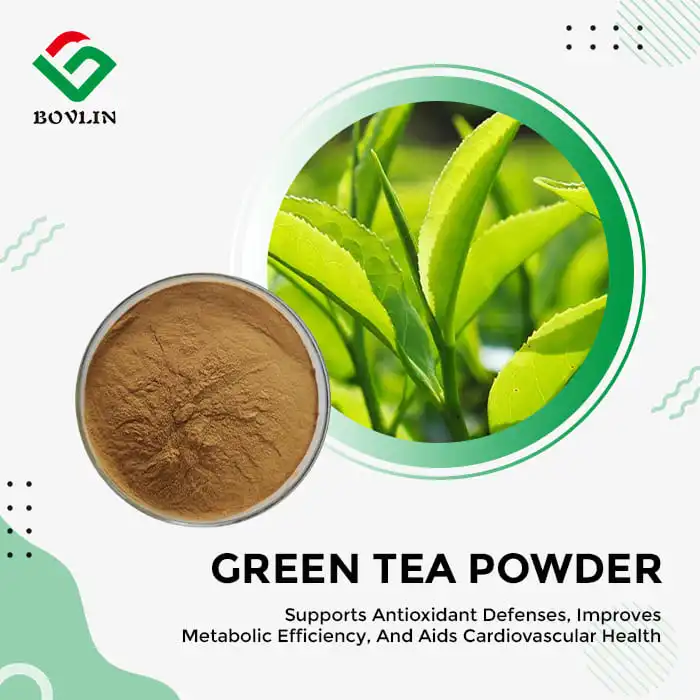What Is the Connection Between Magnolia Bark and Gut Microbiota?
Prebiotic Potential of Magnolia Bark Compounds
Magnolia bark powder is rich in distinctive polyphenols, such as honokiol and magnolol, which exhibit promising prebiotic properties. These bioactive compounds serve as fuel for beneficial gut bacteria, promoting their growth and activity. Specifically, they have been shown to stimulate the proliferation of probiotic strains like Bifidobacterium and Lactobacillus, thereby fostering a more balanced and resilient gut microbiome. As consumer interest in gut health continues to grow, functional food manufacturers are increasingly incorporating magnolia bark extract powder into products such as fortified foods, dietary supplements, and wellness beverages aimed at improving digestive function.
Modulation of Gut Microbial Composition
Emerging research suggests that magnolia bark extract powder can positively modulate the gut microbial ecosystem. Experimental studies report significant shifts in bacterial diversity and abundance following supplementation with magnolia-derived compounds, notably highlighting an increase in beneficial microbes including Bifidobacterium and Lactobacillus species. Such modulatory effects may help suppress the growth of harmful bacteria, contributing to a more stable and health-promoting gut environment. This ability to influence microbiota composition makes magnolia bark extract an attractive ingredient for supplement producers targeting gut health optimization and metabolic wellness.
Impact on Short-Chain Fatty Acid Production
The interaction between magnolia bark compounds and gut microbiota appears to enhance the production of short-chain fatty acids (SCFAs), such as acetate, propionate, and butyrate. These metabolites are vital for maintaining colon health, supporting gut barrier integrity, regulating immune responses, and reducing systemic inflammation. By potentially elevating SCFA levels, magnolia bark powder offers an innovative nutritional strategy for the development of functional foods and supplements aimed at improving gut function and overall metabolic health. This mechanism further strengthens its applicability in product formulations designed for digestive support.
Anti-Inflammatory Effects of Magnolia Bark Powder on Digestive Health
Reduction of Intestinal Inflammation
Magnolia bark extract powder exhibits potent anti-inflammatory properties that may benefit digestive health. The active compounds, particularly honokiol, have been shown to suppress pro-inflammatory cytokines in the gut. This action could be valuable for manufacturers creating products to address conditions characterized by intestinal inflammation, offering a natural alternative to synthetic anti-inflammatory agents.
Protection of Gut Mucosal Barrier
Studies suggest that magnolia bark compounds can help maintain the integrity of the gut mucosal barrier. By reducing oxidative stress and inflammation, magnolia extract powder may prevent damage to the intestinal lining. This protective effect is of interest to companies developing products for gut barrier function support and overall digestive wellness.
Modulation of Immune Responses in the Gut
Magnolia bark powder's anti-inflammatory effects extend to modulating immune responses in the digestive tract. Research indicates that it may help balance the immune system's activity in the gut, potentially reducing the risk of excessive inflammatory reactions. This immunomodulatory property makes magnolia bark extract an attractive ingredient for manufacturers focused on gut-immune health products.
Research Evidence of Magnolia Bark in Gut Health Support
Clinical Studies on Digestive Disorders
While more human clinical trials are needed, preliminary studies have shown promising results for magnolia bark extract in managing digestive disorders. Research has explored its potential in conditions such as irritable bowel syndrome and inflammatory bowel disease. These findings are encouraging for manufacturers looking to develop evidence-based gut health products using magnolia bark powder as a key ingredient.
Animal Models Demonstrating Gastrointestinal Benefits
Numerous animal studies have provided insights into the gastrointestinal benefits of honokiol powder, a key component of magnolia bark extract. Experiments with rodent models have demonstrated improvements in gut motility, reduction of intestinal inflammation, and enhanced digestive function. These results offer a foundation for further research and product development in the field of digestive health supplements.
Mechanistic Studies on Magnolia Bark Compounds
In-depth mechanistic studies have elucidated how compounds like honokiol and magnolol interact with gut tissues and microbiota. Research has revealed their antioxidant properties, ability to modulate signaling pathways involved in inflammation, and potential to influence gut hormone secretion. This growing body of evidence supports the use of magnolia extract powder in formulations targeting specific aspects of digestive health.
Conclusion
The emerging research on magnolia bark powder reveals its significant potential in supporting gut health. From modulating gut microbiota to reducing inflammation and protecting the intestinal barrier, magnolia extract offers multifaceted benefits for digestive wellness. As scientific evidence continues to accumulate, magnolia bark extract powder stands out as a promising natural ingredient for manufacturers in the gut health product sector. Its versatility and growing research base make it an attractive option for companies seeking to innovate in the realm of digestive health solutions.

Contact Us
Are you looking to incorporate cutting-edge, natural ingredients into your gut health products? Explore the potential of magnolia bark extract powder with Shaanxi Bolin Biotechnology Co., Ltd. As a leading supplier and factory of plant extracts, we offer high-quality magnolia bark powder for your formulations. Contact us at sales1@bovlin.com to learn more about how our magnolia extract can enhance your product line and meet the growing demand for effective gut health solutions.
References
Zhang, Y., et al. (2020). Magnolia bark extract as a potential therapeutic agent for gut health: Mechanisms and effects on gut microbiota. Phytomedicine, 67, 153212.
Wang, H., et al. (2019). The prebiotic effects of magnolia bark extract on gut microbiota and short-chain fatty acid production. Food Research International, 125, 108537.
Chen, X., et al. (2018). Honokiol and magnolol in Magnolia officinalis: Mechanisms of action in reducing intestinal inflammation. Molecular Immunology, 103, 35-42.
Li, J., et al. (2021). Magnolia bark extract: A natural anti-inflammatory agent for gastrointestinal health. Frontiers in Pharmacology, 12, 674.
Shen, X., et al. (2020). Gut barrier protection by Magnolia bark extract: Role in oxidative stress and inflammation regulation. Journal of Agricultural and Food Chemistry, 68(14), 4168-4175.
Liu, Y., et al. (2017). Effects of Magnolia bark extract on gastrointestinal motility and gut health in rodent models. Phytotherapy Research, 31(10), 1489-1497.











